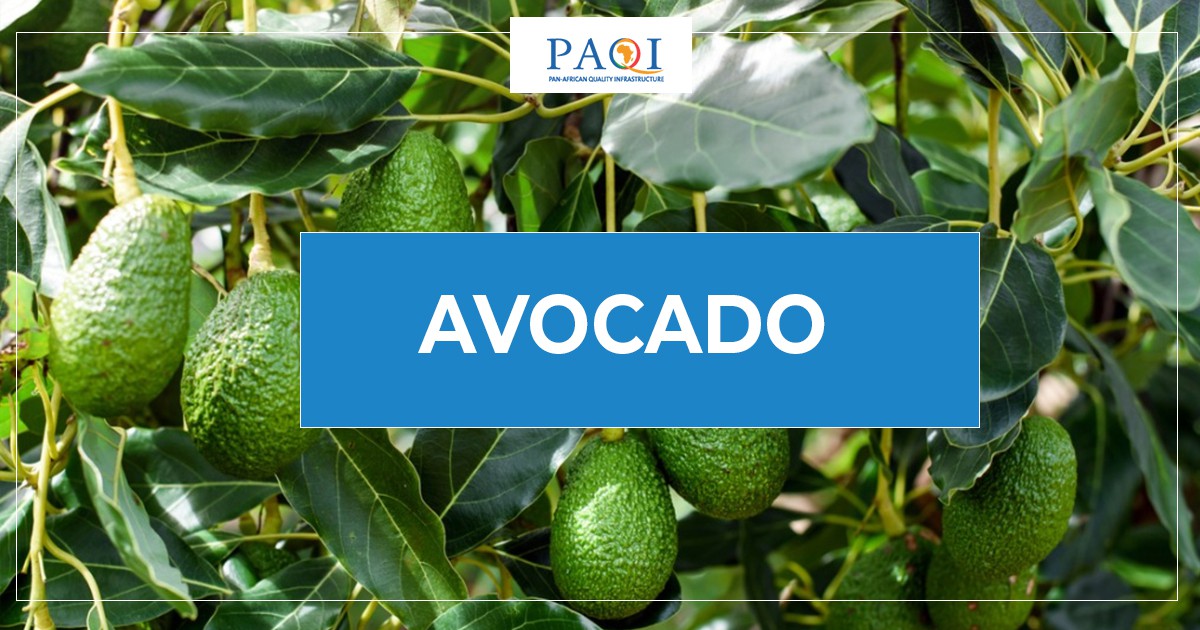Avocado
- Authored By PAQI (Pan African Quality Infrastructure)
- 13 Chapters
- 13 Student Enrolled
Course Overview
The African Organization for Standardization (ARSO) is an African intergovernmental organization established by the United Nations Economic Commission for Africa (UNECA) and the Organization of African Unity (AU) in 1977. One of the fundamental mandates of ARSO is to develop and harmonize African Standards (ARS) for the purpose of enhancing Africa’s internal trading capacity, increase Africa’s product and service competitiveness globally, and uplift the welfare of African communities. The work of preparing African Standards is normally carried out through ARSO technical committees. Each Member State interested in a subject for which a technical committee has been established has the right to be represented on that committee. International organizations, Regional Economic Communities (RECs), governmental and non-governmental organizations, in liaison with ARSO, also take part in the work.
Voluntary Sustainability Standards is an approach that allows businesses to streamline standards implementation, by combining different standards and compliance criteria into one implementation framework. VSS approach supports businesses to use a single organizational management system to implement and comply with multiple standards. At the heart of VSS is its ability to:
- Correct consumer information asymmetry: VSS provides confidence to consumers in how the products they consume are produced.
- Promote Ethical and Green Markets: Some consumers are willing to pay more for ethical/green products creating a niche market for responsible retailers. Some VSS like Fairtrade and Organic have niche market opportunities.
- Be a risk management tool for businesses: retailers and importers use VSS to manage risks in the supply chain and select those producers that invest in good practices.
- Access to market: VSS have become de facto mandatory market access requirements. Producers respond by demonstrating that they meet the baseline requirements in the market enabling standards.
This training manual acts as an introduction to the adoption of ARSO standards within countries to enhance trade and reduce duplicity of multiple standards e.g. The Agriculture - Sustainability and eco-labeling - ARS/AES 01:2014(E) an African Standard prepared by the ARSO Technical Harmonization Committee on Environmental Management (ARSO/THC 09) as well as enhance competitiveness for international market access in the horticulture sector with this manual having a bias in the avocado sector in some aspects.
